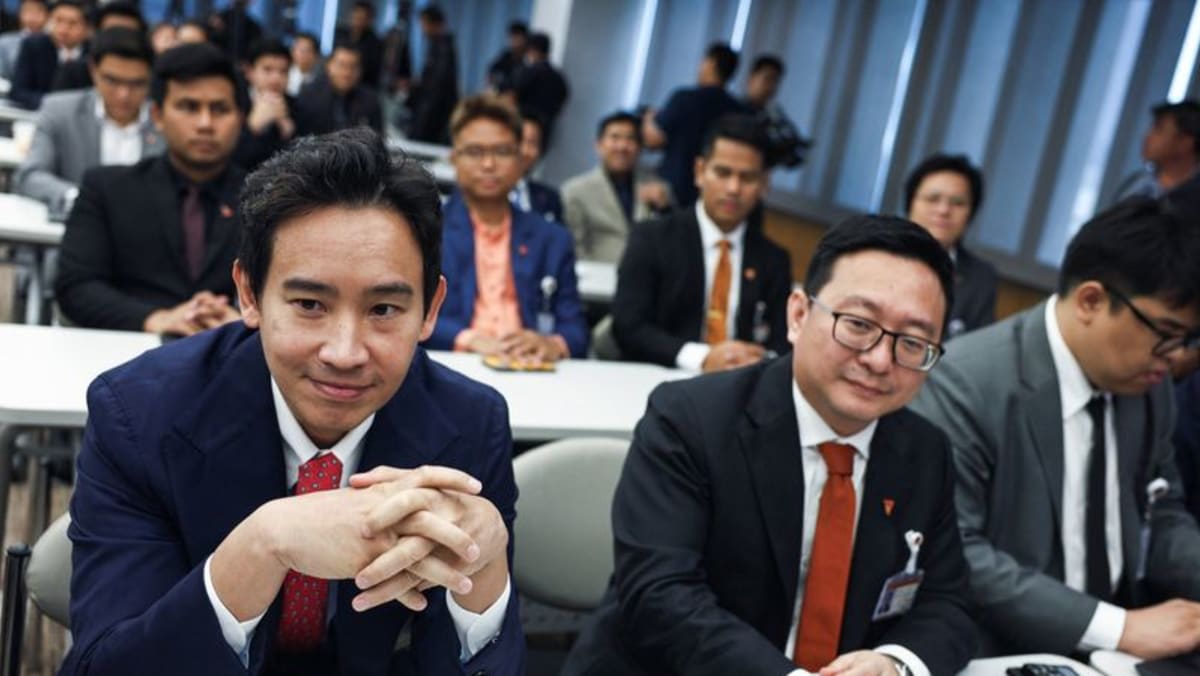
Pita – who stepped down as party leader last year – returned to parliament last week after the same court cleared him of breaching election laws in a case that could have seen him barred from politics.
Thanathorn Juangroongruangkit, the former leader of Future Forward Party – an MFP forerunner dissolved by court order – said before the ruling that lese-majeste should be up for discussion.
“The law is not a fax paper sent from God. It’s written by human hands, therefore people can amend it,” Thanathorn told reporters on Wednesday.
“If the lawmakers cannot amend the laws, I think something is wrong in the country.”
TOUGH SENTENCES
The lese-majeste law is intended to protect the king – a revered, semi-divine figure in Thai society – from insult.
But critics say the legislation has been interpreted so broadly in recent years as to shield the royal family from any kind of criticism or mockery.
This month, a man was sentenced to 50 years in prison for a series of Facebook posts deemed insulting to the monarchy.
And in March last year, a man was jailed for two years for selling satirical calendars featuring rubber ducks that a court said defamed the king.
The yellow bath toys were an unexpected symbol of mass youth-led street protests that shook Bangkok in 2020.
Reform of the lese-majeste law, known in Thailand as 112 after the relevant section of the criminal code, was a major theme of the demonstrations, which featured unprecedented public criticism of the royal family.
More than 250 people have faced royal insult charges in the wake of the protests, according to Thai Lawyers for Human Rights, a legal group that handles many cases.
They include senior protest leaders and at least one elected MP.
